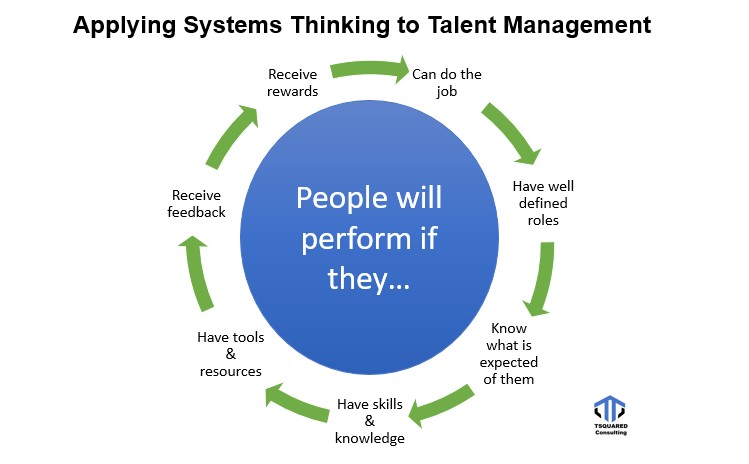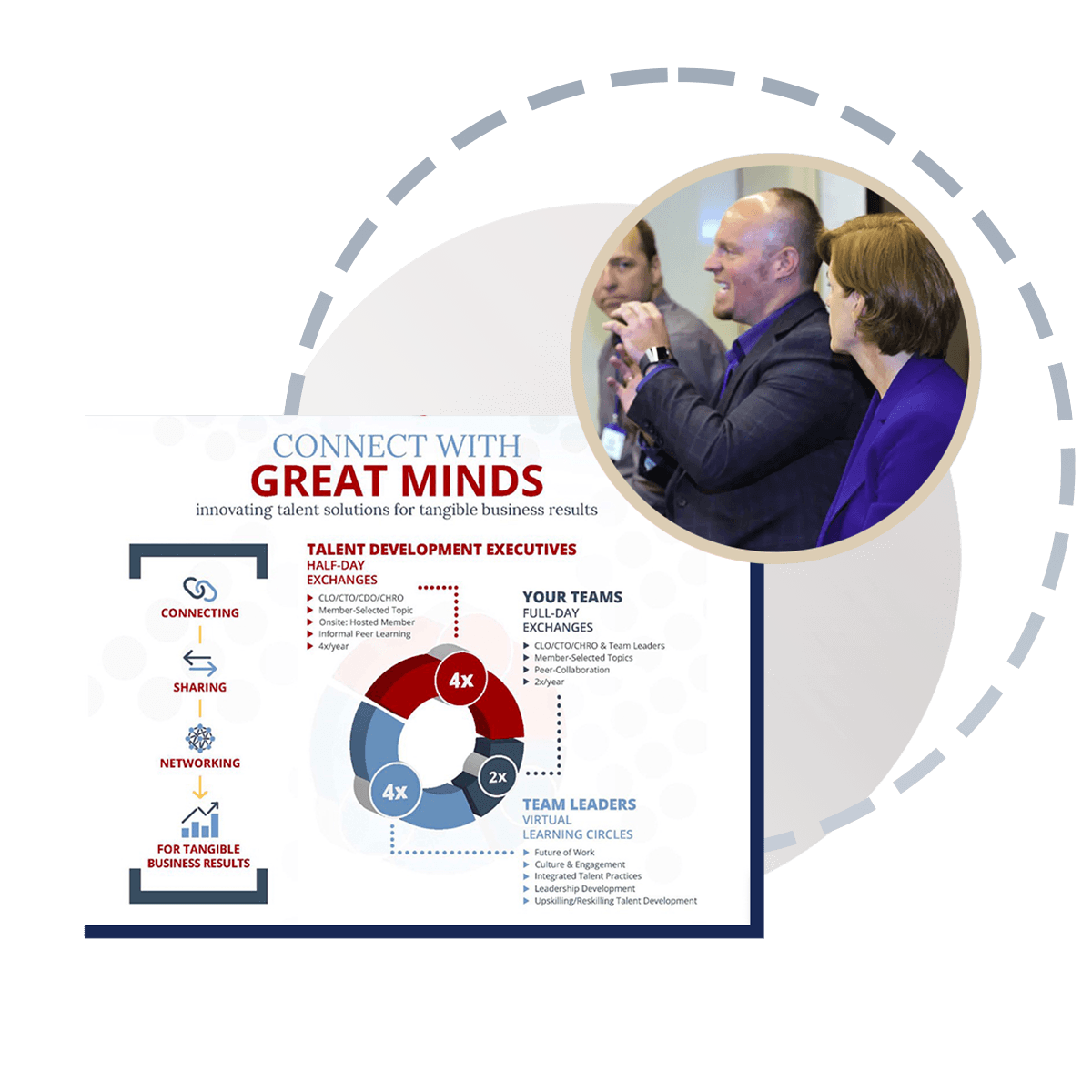Session Focus: Integrated Skills-based Talent Practices Strategies
Organizations prioritize upskilling and reskilling because the skills landscape is changing fast, and employee skills may become outdated. Investing in employee development can improve productivity, retain top talent, provide a competitive advantage, and future-proof the organization.
But upskilling talent is a small piece of a broader trend around the journey to be a skills-based enterprise.
We will start the session by inviting the group to brainstorm and share how to start their skills-based approach.
Companies see the benefit of skills but are challenged with implementation.
Potential benefits of a skills-based enterprise include:
- Better Talent Management
- Enhanced employee engagement
- Increased flexibility
What can we learn/leverage from our external partners (Workday, LinkedIn, Gloat, etc.)?
Glanbia’s talent team will share a case study about their journey to becoming a skills-based enterprise. We welcome you to join us and share what business and talent problems your organization wants to address by integrating skills-based talent practices.

SKILLS-BASED ORGANIZATIONS IN PRACTICE
 Source: Tim Treger
Source: Tim Treger“You will be focused on skills in 2022 because your learning, recruiting, mobility, career, and pay systems all rely on it. Rather than defining skills differently in all these systems, the skills taxonomy creates a common language—the basis for your talent intelligence layer” – Josh Bersin, HR Predictions for 2022
How do you define skills? Is it the same as all the line leaders in your organization?
ACCELERATING THE TRANSITION FROM JOBS TO SKILLS

“The skills-based organization is a new operating model for work and the workforce that turns talent management on its head, redefining and reimagining every talent practice to be based more on skills than on jobs, and redefining how work is organized so that skills can be fluidly developed to keep pace with work as it evolves―all in a state of perpetual reinvention” — Deloitte.
As a group, we will ideate how to define and implement it.
- What business and talent problems do we want to address?
- How will we prioritize them?
- What are the critical dependencies?
- Who are the key stakeholders?
- What’s already happening in the company that we can learn from and build on?
Pre-Read: Tools for Systems Thinkers: The 6 Fundamental Concepts of Systems Thinking (Leyla Acaroglu--Medium, 07-SEP-2017)
